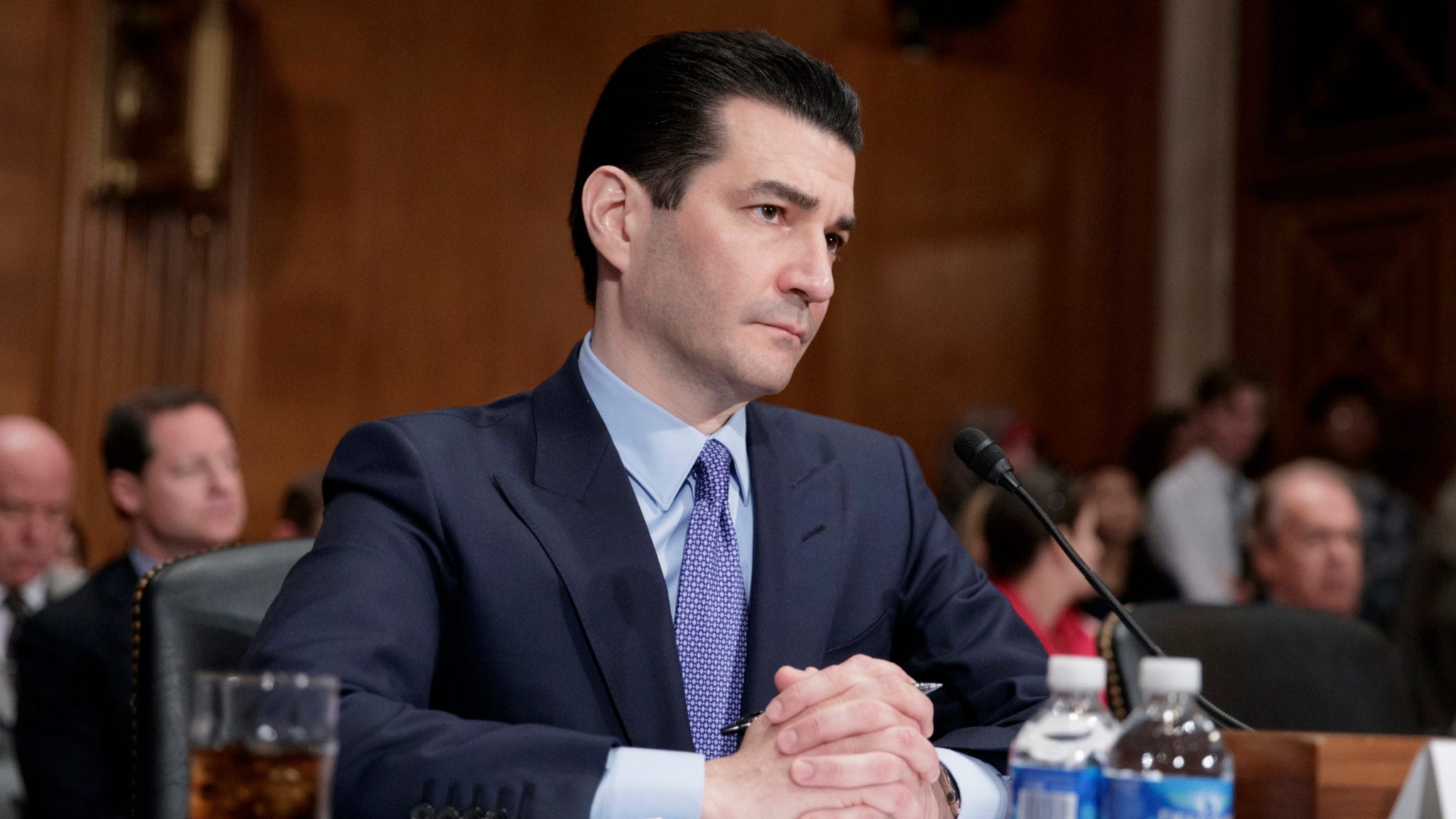
Former FDA commissioner Scott Gottlieb (AP Images)
Gottlieb op-ed: Manufacturers need to ramp up production of antibodies as 'Covid insurance policy'
After Pfizer and BioNTech scored the FDA’s emergency use authorization for their mRNA-based Covid-19 shot late last week, hopes are high that one or …
Sign up to read this article for free.
Get free access to a limited number of articles, plus choose newsletters to get straight to your inbox.